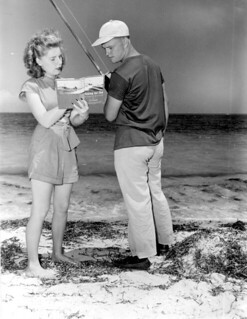 Oh, hi there, ASkars. via EWI have a confession: I am an avid reader of Entertainment Weekly.
Oh, hi there, ASkars. via EWI have a confession: I am an avid reader of Entertainment Weekly.
I love EW. So much so that I am perpetually mad at my letter carrier for delivering it several days late. (I’m convinced he’s reading it in his postal truck.)
Love. It.
Honestly, most of the time I don’t know who the hell they’re talking about, but there’s something delightful ridiculous about the whole magazine. However, in the midst of all the ridiculousness, there’s actually a pretty decent book section. I know, right? Who knew? Stephen Lee is pretty knowledgeable about young adult novels in particular, and I usually really enjoy his pieces in the magazine and on the EW blog.
However, as a paged through last week’s issue, I was disheartened to read some pretty disappointing comments about young adult fiction in a short feature (not available online, sorry) about authors that usually write in the adult category making the move to YA. There were several comments with the undertone that YA literature is “easier” or less sophisticated, but the one that really struck me was from Elizabeth George, who said,
My adult novels, plot-wise and linguistically, are very complicated. I had to alter that and create a much more straightforward way of telling my story.
—Elizabeth George in Entertainment Weekly









